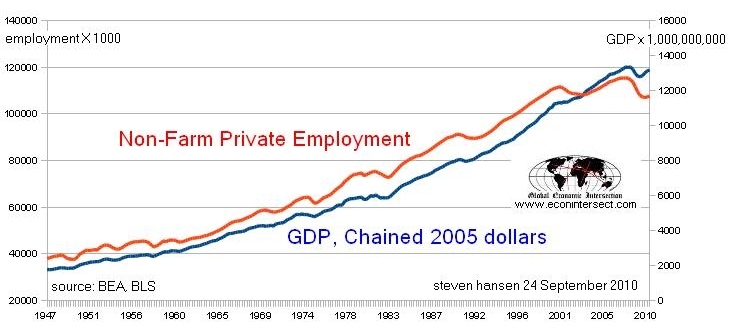At the Federal level with deficit spending and in Vermont by high taxes and dependency on Federal handouts from this deficit spending we are creating government services and expectations that we can no longer afford.
But where to begin to turn the ship of state?
Vermont Digger Editor’s note: This op-ed is by Vermont State Auditor Thomas M. Salmon, a CPA and licensed teacher who lives in St. Johnsbury.
We just finished a brutal campaign season. Op-eds are popping up and “Where do we go from here?” is one catchy title. I feel the need to address that question.
My father often reminds me…. “It’s not what you say, it’s what they hear”, so I’m hoping you hear what I say in the spirit intended.
In 2010, the President’s Commission on Fiscal Responsibility and Reform report was issued. Commission co-chair Erskine Bowles said: “We have started an adult conversation that will dominate the debate until the elected leadership in Washington does something real.” So the question “where do we go from here?” remains fertile. Ruth Marcus of the Washington Post writes, “This means telling both sides what they don’t want to hear. Conservatives must accept..(x). Liberals must accept..(y)..” Sounds simple enough. Are Conservatives and Liberals showing signs of communication? Who is communicating with the real people between Main St. , School St. and State St. ?
Reform is going to require new players; people not usually involved in formal civic activities. Ms. Marcus fell prey to the same inclination many big brains do; they speak of the problem as if it lay on a table or under a glass case. Paralysis through analysis and no action. Politicians and “experts” need to push the “stop and listen” button.. Einstein reminds us to “find the opportunity in the problem” and that will call for a different strategy.
As Auditor of Accounts, I warn of dangers, and the loss of “listening” is a real danger. I have testified on sensitive subjects like Sarcoidosis at the Bennington state office building when the legislature almost paid for that illness out of Workers Comp. I warned during the Act 62 Pre K discussion that resources for education are not infinite and may require rethinking how we deal with grades 11 and 12 to pay for age 3 and 4 educations.
People are starving for the truth, bold ideas and direction. Let’s give them some. We are talking about problems we can fix. A year and a half ago I took ample criticism for speaking up on a sensitive unemployment issue. Leaders were afraid to discuss curbing benefits to protect the fund or warn citizens that unemployment benefits may run out before their old jobs reappeared. I was vilified in my attempt to call out that urgent self-preparation and adjustment is required because some of those jobs are not coming back. Now, leaders are still silent while those unemployed Vermonters start falling off unemployment support.
It is very expensive when leaders focus only on votes, or promises to mitigate pain, or increase access or resources, while remaining afraid of looking the public in the eye and giving them the harsh truth. This country has a well-documented history of overcoming adversity, the ability of standing up straight immediately after getting knocked down. One of my favorite quotes is “People do not lack strength, they lack will”; it is up to us to demonstrate that we have the will to address our problems. Any government that provides benefits (education, health, employment, etc) without clear expectations from its citizens, in return, is committing a disservice.
One of the promises I heard on the campaign trail was a “Single-Payer System in Vermont .” I didn’t hear much about the fact that 70% of our healthcare costs are attributable to preventable causes. Not only are more than one-fourth the number of potential military recruits too fat to join the military, but now a report released December 21 says nearly one in four of the students who try to join the U.S. Army fail its entrance exam. Many have found it easier to blame teachers and schools for such academic results or McDonald’s and soda for childhood obesity. A commitment to reality is long overdue and we must make personal responsibility germane to both of these discussions.
I could dazzle you with financial facts that are all big and all bad. I could stress the challenges of demographics, unfunded liabilities and our inability to create private sector jobs in Vermont since 1997. We’ve been there, done that. After you read this, you may crinkle it up to start your woodstove, or you may ask, how do we engage the general population to address the problems we face? How do we get the discussion started on issues of citizen participation in government and parent participation in our schools as a first step toward addressing the question “where do we go from here?”
We need participation, and the time of good intentions and “hoping for volunteers” is over. It’s time to get in the game, or watch our country, as we’ve known it, vanish.


